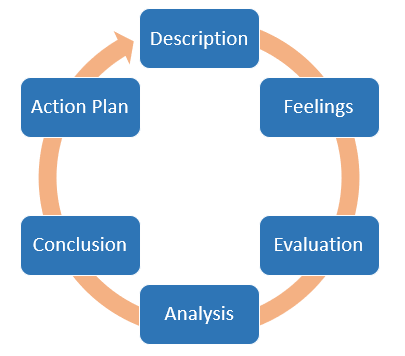“Breath in the Air” – Dealing with egomania and imposter syndrome.
When I first heard of the work-placement module, I knew exactly where I wanted to work, the very place I learn. The Sonic Arts Research Centre. Beginning my journey with a CV. Despite already having a well-written CV, it wouldn’t cut it, I needed one specific to this field of work. This allowed me to refine my CV and outline what would be necessary for the music production and live sound area of work.
“I’ve got this in the bag”. I thought to myself as I wrote up my new CV, listing all my prior experience in this field of work. (This was the start of my egomania). After sending my CV to Craig Jackson (Technical Manager at SARC), I was invited to an informal interview. As I had already built up a rapport with Craig and Jonny, the interview went smoothly. I told them all about my freelance work as a live sound engineer for a wedding band, and my work helping tour crews in the SSE arena.

“Learning is not attained by chance, it must be sought for with ardor and attended to with diligence.”
Abigail Adams
“Like a bridge over troubled waters” – Simon and Garfunkel
Starting my work experience with a hopeful smile, I get the rundown on the sonic lab and the mixing desk. Feeling confident I begin working with the performance students (1st and 2nd-year ensembles, 3rd-year solo performers). Soon I realise what it really means to be a sound engineer… the fast-paced setting up and sound checking of multiple performers and ensembles per day was stressful, demanding and difficult, but I loved it. I loved having to think on my feet, problem-solve quickly and effectively, and most of all, learn in the face of adversity. Over the next few weeks, I was quickly humbled, the constant tweaking and changing of EQ, Compression and effects was something I wasn’t so used to with the wedding band, as over the months I had dialled in the right sound and left it that way, only needing to focus on the levels and lighting throughout the performances, whereas, in placement, there was a new band on stage every 20-30 minutes, all needing a different approach to the overall mix, plus the added stress of having my mixes critiqued by skilled musicians and producers daily. Despite this, I believe I tackled these obstacles quickly and efficiently, adapting to this new foreign environment in the most technologically advanced music venue I have ever had the pleasure of standing in never mind working in.
Once the “honeymoon period” had ended, the real stress began.
“I’m not good enough for this”
“I’m not going to get very far in this field”
“Have I made the wrong choice?”
“Will I ever be good enough?”
These are just a few of the thoughts that plagued me, the imposter syndrome had taken a firm grasp and was refusing to let go. I became my worst critic, slandering myself at every available opportunity.
“Someone else should be here instead of me”
“At the core of imposter syndrome is a fear of not being good enough. This might not be there all the time, but when it occurs, you seriously doubt yourself and your capabilities and feel incredibly insecure.”
Dr Jessamy Hibberd
“You raise the blade, you make the change” – Pink Floyd
After a few weeks of worrying if I was good enough, I started to realise my worth. Friends and collaborators were praising and congratulating my efforts, efforts I wasn’t sure were good enough. It felt good to know that maybe, just maybe, I was good enough. This second wind allowed me to focus on this experience as a learning opportunity and not just a test. I had been so caught up in if I was good enough, that I forgot to actually learn and refine my skills, instead of nitpicking and comparing myself against others.
Over the coming weeks, I focused on improving, taking on more projects such as joining the Queen’s Radio Tech Team and beginning to produce an EP for an assignment. My skills grew, and so did my confidence, though I kept a limit on that, I knew the peril of overconfidence.
“I know the pieces fit ’cause I watched them fall away” – Tool
Staying humble has been the best thing for me, it has allowed me to learn without judgement, and make mistakes without guilt. I’ve been pulled apart from the inside and built back up by those around me, and as little, as they know about the effect they have had I intend to not let their efforts be for nothing.
“I am good enough for this”
“I am going to go far in this field”
“I am on the right track”
“I deserve this opportunity”
“I am grateful for this opportunity”
My plan for the future
My plan for the future is simple, keep on the same track I am now… constantly learning, constantly improving, constantly humbled and always appreciative of those around me, and the opportunities I have been presented with.
I will continue to learn as much as I can about my chosen field of study and will persist in my efforts at SARC, in my work-based learning, my classes and my extra-curricular activities.
In regard to self-improvement, there is no better time than the present.
“And then one day you find ten years have got behind you
No one told you when to run, you missed the starting gun”
Pink Floyd

You May Also Like

The Pen Is Mightier Than The Sword
24 November 2022
Football: A Marketing Tug of War
25 November 2022
